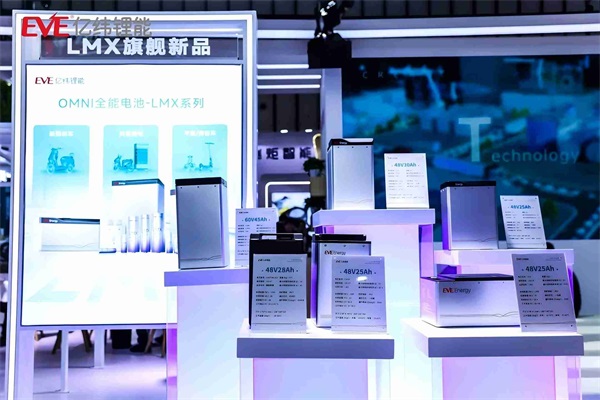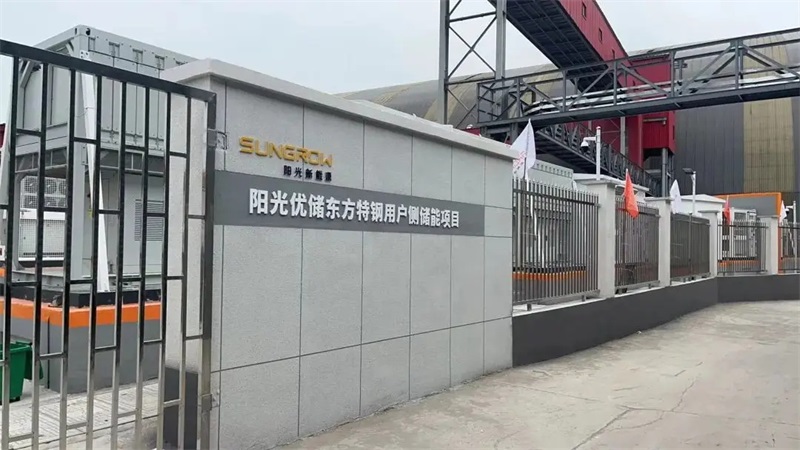3.2V LiFePO4 Battery: The Definitive Guide to Performance and Use
In the modern energy sector, lithium iron phosphate (LiFePO4) batteries are gaining attention for their excellent safety and long-term stability. The 3.2V LiFePO4 battery is widely used in electric transportation, energy storage systems, and portable devices. This article will comprehensively introduce the definition, characteristics, types, applications, advantages and limitations, safe charging methods, and future developments of 3.2V LiFePO4 batteries.
Understanding 3.2V LiFePO4 Battery
The 3.2V LiFePO4 battery is a type of lithium-ion battery that uses lithium iron phosphate as the positive electrode material, with a nominal voltage of 3.2 volts. This battery features high energy density, excellent thermal stability, and a long lifespan, making it particularly suitable for applications that require high safety and long cycle life.
Main Characteristics of 3.2V LiFePO4 Battery
Safety: LiFePO4 batteries exhibit high safety under high temperatures and short-circuit conditions, making them less prone to thermal runaway or fire.
Long Lifespan: These batteries typically offer a cycle life of over 2000 charges, ensuring longevity.
Environmentally Friendly: LiFePO4 batteries contain no heavy metals and comply with environmental standards.
Stability: Performance remains stable even under extreme temperature conditions.
Low Self-Discharge Rate: They feature a low self-discharge rate, making them suitable for long-term storage.
3.2V LiFePO4 Battery Types
Depending on different application needs, 3.2V LiFePO4 batteries can be categorized into several types:
Single Cell Batteries: Used in small electronic devices, such as portable speakers and power tools.
Battery Packs: Combinations of multiple battery cells to meet higher voltage and capacity requirements, widely applied in electric vehicles and energy storage systems.
Power Batteries: Designed for high power demands, such as electric buses and electric cars.
Energy Storage Batteries: Used in solar and wind energy systems to store excess generated electricity for later use.
Applications
Due to their excellent performance, 3.2V LiFePO4 batteries are suitable for various fields:
Electric Transportation: Including electric vehicles, e-bikes, and electric scooters, providing long range and fast charging capabilities.
Renewable Energy Storage: Used in residential and industrial solar systems to store generated power, ensuring a stable electricity supply.
Power Tools: Their high energy density allows these batteries to perform excellently in power tools, providing long-lasting power.
Medical Devices: Due to their high safety and reliability, LiFePO4 batteries are widely used in medical equipment.
Backup Power Supplies: In uninterruptible power supply (UPS) systems, LiFePO4 batteries ensure stable power during outages.
Advantages and Limitations
Advantages:
High Safety: Significantly reduces the risk of battery explosion or fire.
Long Cycle Life: Reduces the frequency and cost of battery replacements.
High Energy Density: Provides more energy in the same volume.
Eco-Friendly: Contains no heavy metals and has a high recycling rate.
Limitations:
Higher Cost: Initial investment is greater compared to traditional batteries like lead-acid.
Limited Energy Density: While higher than lead-acid batteries, it is still lower than some other lithium battery types (like nickel-cobalt-manganese batteries).
Low-Temperature Performance: Battery performance may be affected in extremely low-temperature environments.
Safe Charging Methods
Charging is a crucial aspect of using 3.2V LiFePO4 batteries, and safe charging is paramount:
Use a Dedicated Charger: Ensure to use a charger specifically designed for LiFePO4 batteries to avoid overcharging and short circuits.
Set Correct Charging Voltage: The charging voltage should be set around 3.65 volts to prevent overcharging.
Monitor Charging Status: Regularly check the battery's voltage and temperature to ensure they remain within normal ranges.
Avoid High-Temperature Environments: Charging should be conducted in a cool, well-ventilated area to prevent overheating.
Use a Battery Management System (BMS): A BMS can monitor the health status of the battery, ensuring safe charging and discharging.
Future Developments
In the future, 3.2V LiFePO4 batteries are expected to see continuous technological innovations. With ongoing research in battery management technology, material science, and production processes, improvements in energy density and charging efficiency are anticipated. Additionally, as renewable energy adoption increases, the demand for LiFePO4 batteries in energy storage markets will significantly rise, providing more opportunities for clean energy applications.
Conclusion
The 3.2V LiFePO4 battery, due to its safety, long lifespan, and environmental friendliness, has become a preferred option in electric transportation, renewable energy, and portable devices. Understanding its characteristics, applications, and safe usage methods will help in effectively utilizing this advanced battery technology. In the future, with ongoing technological advancements and expanded applications, LiFePO4 batteries will continue to play a crucial role in the global energy transition.


